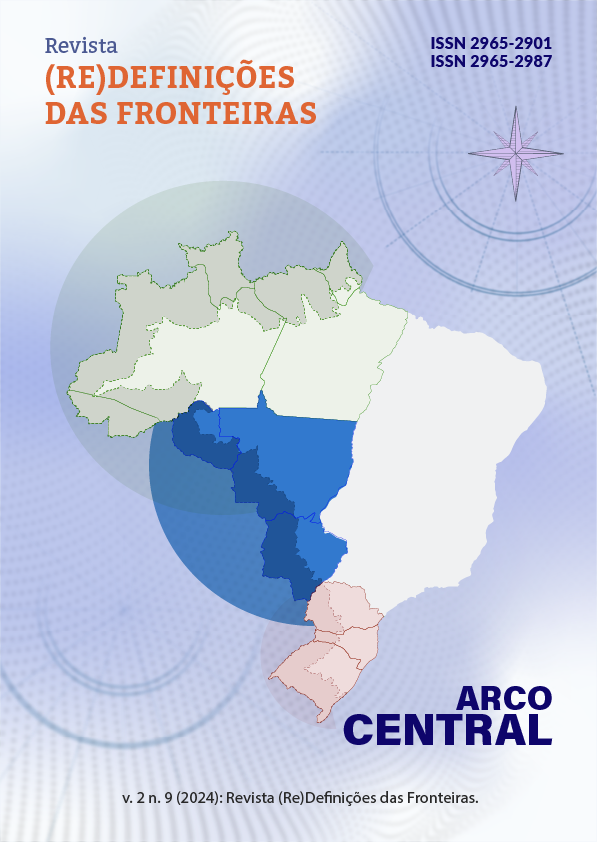PCC NA BOLIVIA
UMA QUESTÃO DE SEGURANÇA PÚBLICA INTERNACIONAL
DOI:
https://doi.org/10.59731/rdf.v2i9.117Keywords:
First Capital Comand, Bolivia, Cocaine, Internationalization, Public securityAbstract
The beginning of this work is about the fortification of the criminal organization called First Capital Command (Primeiro Comando da Capital – PCC) and how it became one of the main public safety problems faced by Brazilian society. The PCC was founded around three decades ago within São Paulo prisons and today has expanded and is going through a process of internationalization. Firstly, Paraguay was the PCC's target country. Currently, it has also turned its attention to Bolivia, which is one of the largest cocaine producers in the world. The interest is mainly due to the fact that this country does not have a sea coast. Therefore, the PCC uses its vast logistical knowledge of transporting cocaine from the border, passing through Brazilian seaports until it reaches European and Asian markets. The aim of this work is to study the process of expansion of the PCC in Bolivia and the resulting damage that its internationalization can cause to public safety and to the democratic rule of law in Brazil. The methodology used was bibliographical research. Furthermore, solutions that could contribute to combating criminal organizations are discussed. Finally, it is concluded that urgent multisectoral measures need to be taken in order to weaken the structures of the PCC and thus guarantee peace and social justice.

Downloads
Published
How to Cite
Issue
Section
License
Copyright (c) 2024 Revista (RE)DEFINIÇÕES DAS FRONTEIRAS

This work is licensed under a Creative Commons Attribution-NonCommercial-NoDerivatives 4.0 International License.
<a rel="license" href="http://creativecommons.org/licenses/by-nc-sa/4.0/"><img alt="Licença Creative Commons" style="border-width:0" src="https://i.creativecommons.org/l/by-nc-sa/4.0/88x31.png" /></a><br />Este obra está licenciado com uma Licença <a rel="license" href="http://creativecommons.org/licenses/by-nc-sa/4.0/">Creative Commons Atribuição-NãoComercial-CompartilhaIgual 4.0 Internacional</a>.




